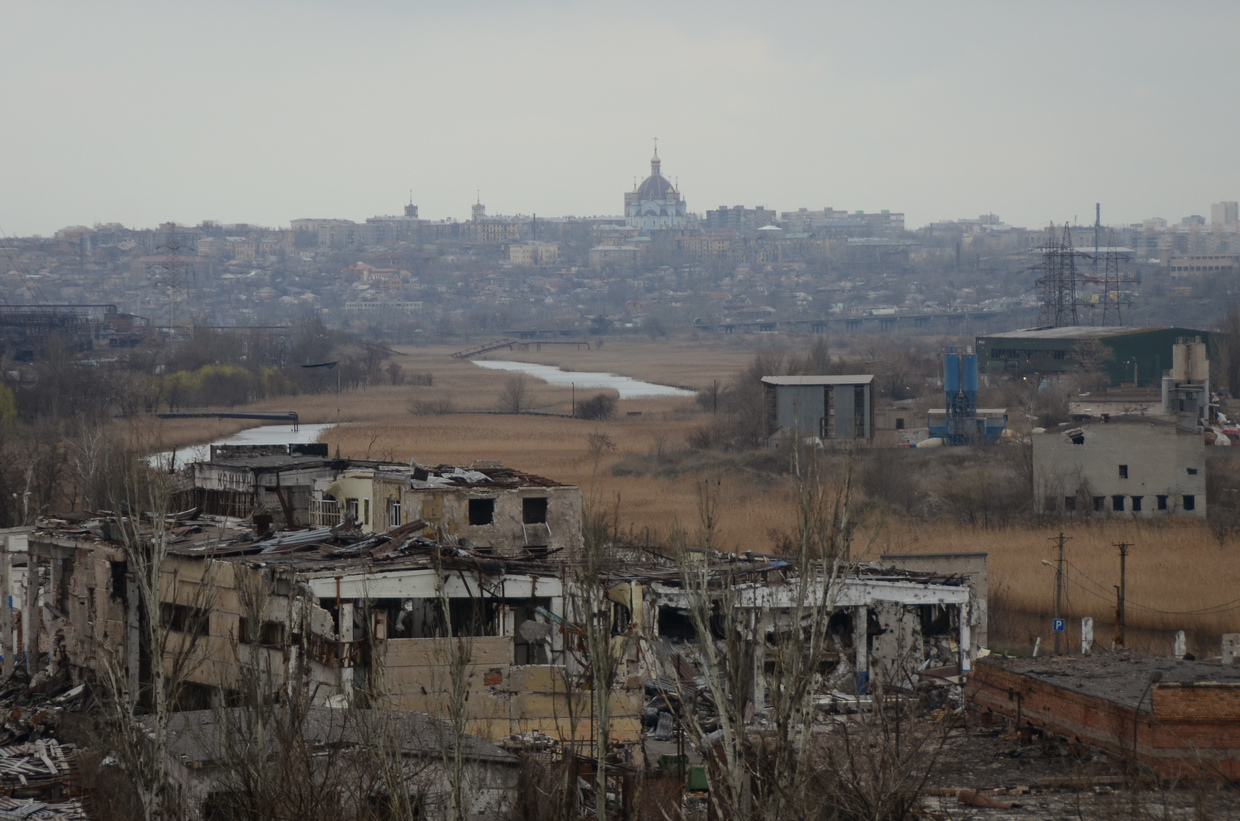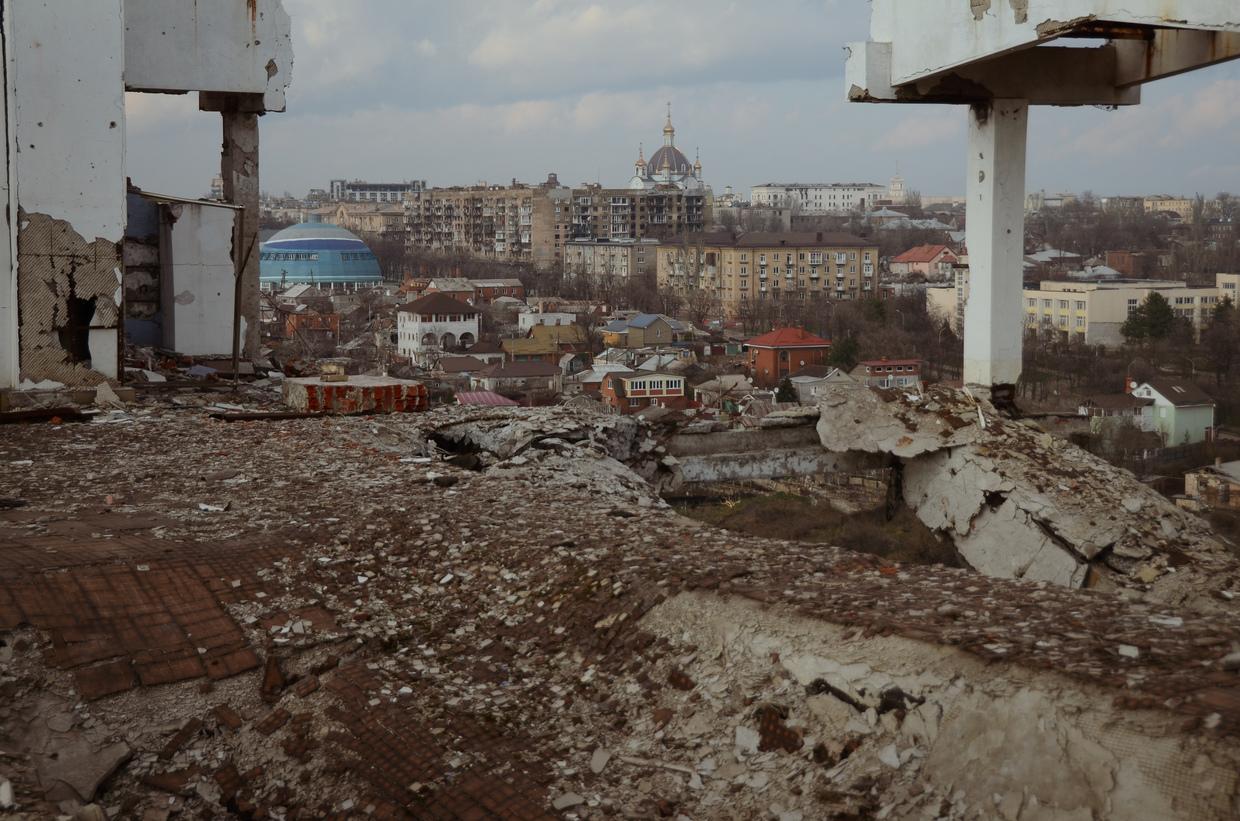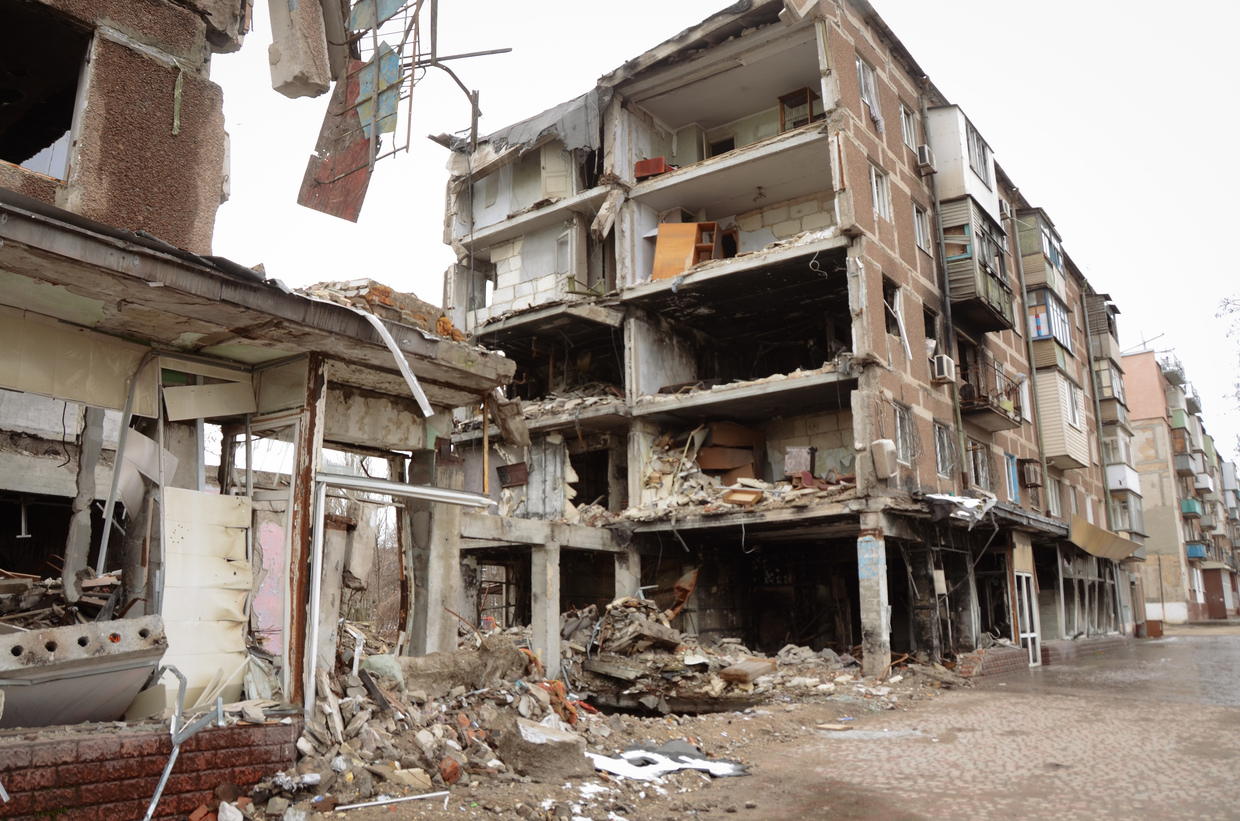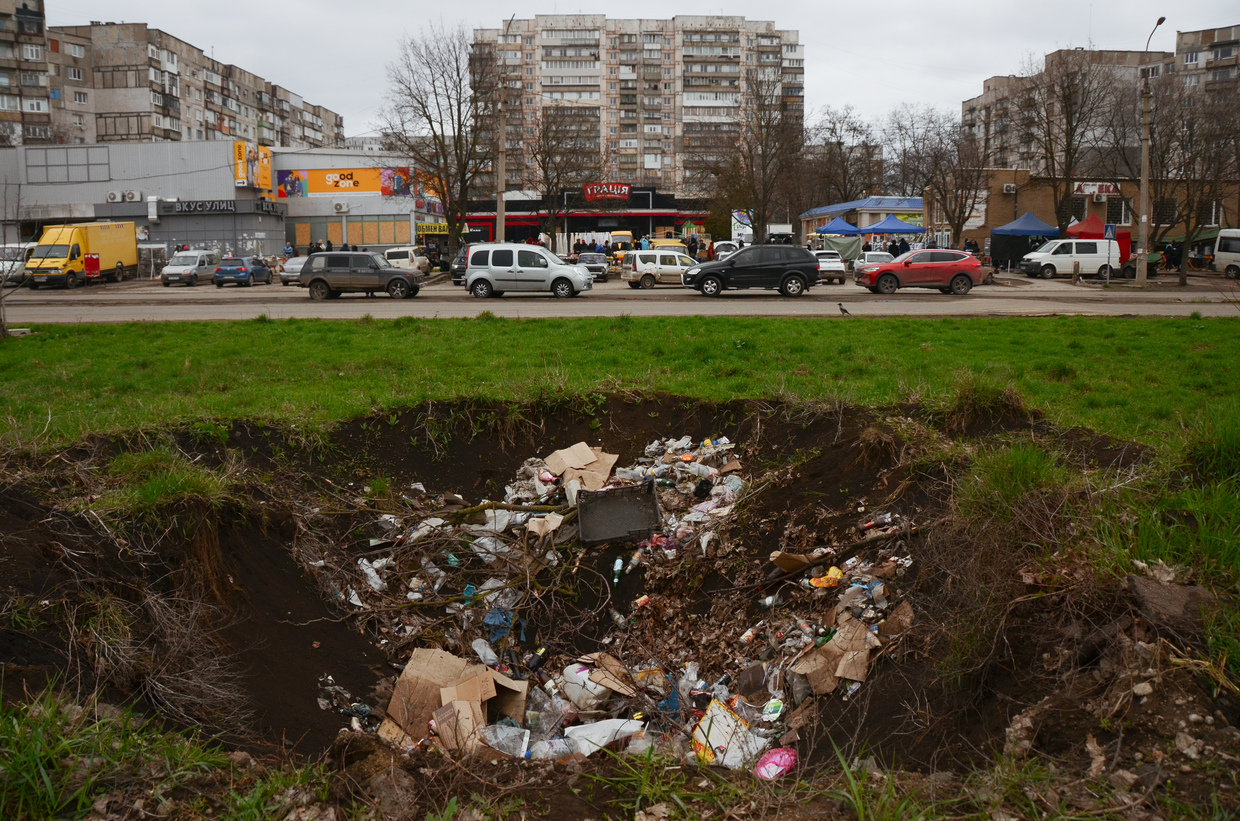Life in the Donbass: How locals feel today, over nine years since their region broke away from Ukrainian control
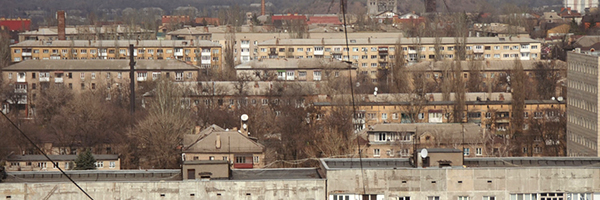 Angelina Latypova, RT, June 18, 2023 —
Angelina Latypova, RT, June 18, 2023 —
Those who believe that “the Ukraine conflict” started on February 24, 2022 are deeply mistaken – a point that residents of the Donetsk People’s Republic (DPR) are eager to point out to anyone who visits their region.
The lives of locals were divided into “before” and “after” back in 2014, when the vast majority refused to accept the outcome of the Western-backed “Maidan” coup. Beyond Donetsk, the same mood prevails in Volnovakha, Mariupol, and other cities that were formerly under the control of Kiev.
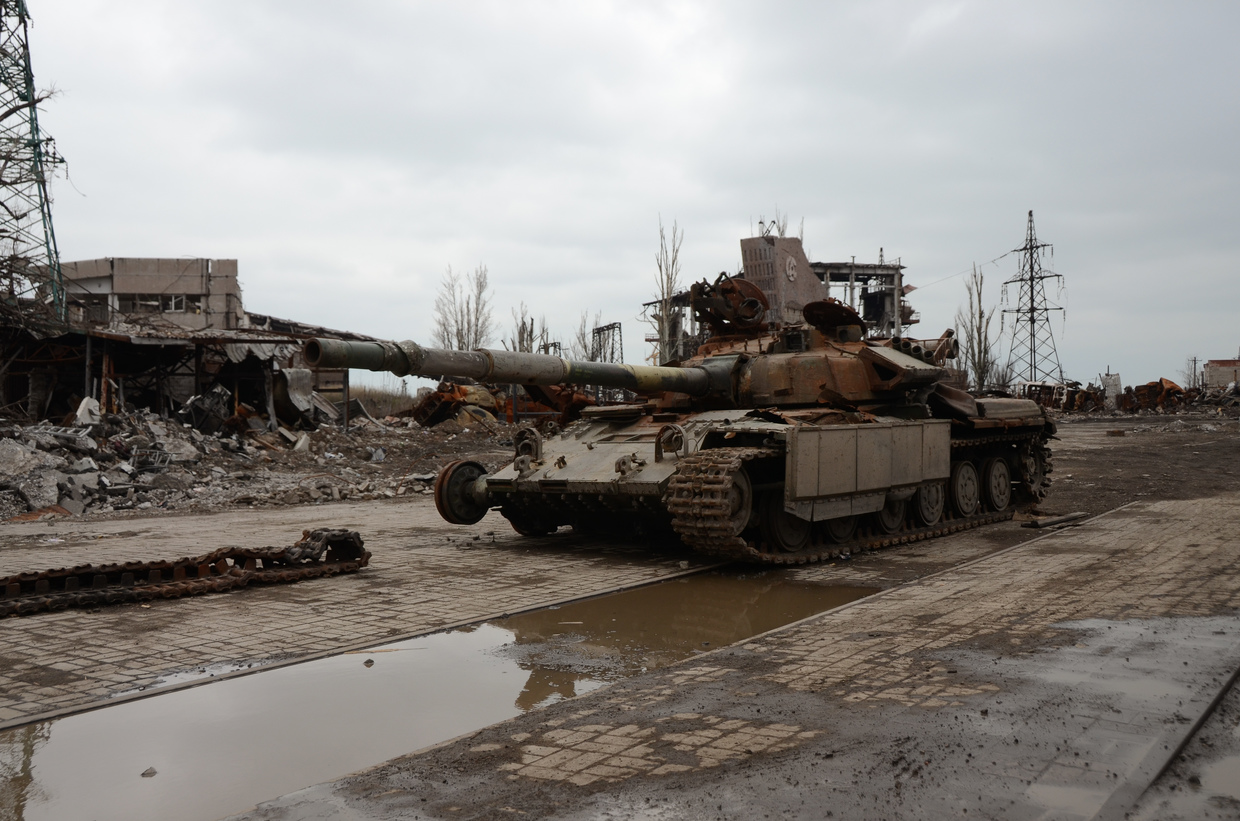
RT correspondent Angelina Latypova talked with local residents to find out what life has been like in the DPR over the years, what they felt at the start of the Russian offensive in February 2022, how they survived the most severe battles, and why many decided not to leave their homes despite the danger.
Staying to help
Tanya was 20 years old when her city was first attacked. Forced to abandon her university studies in Slavyansk (the city was one of the focal points of the 2014 “Russian Spring” uprising but is still controlled by Kiev), she went to the battlefield to help the local militia.
After serving in the army, she became a medical worker and stitched up wounded soldiers. Eventually, Tanya became a volunteer. She now helps victims of the hostilities, finds new owners for homeless pets, and delivers humanitarian aid. She also shoots video reports.
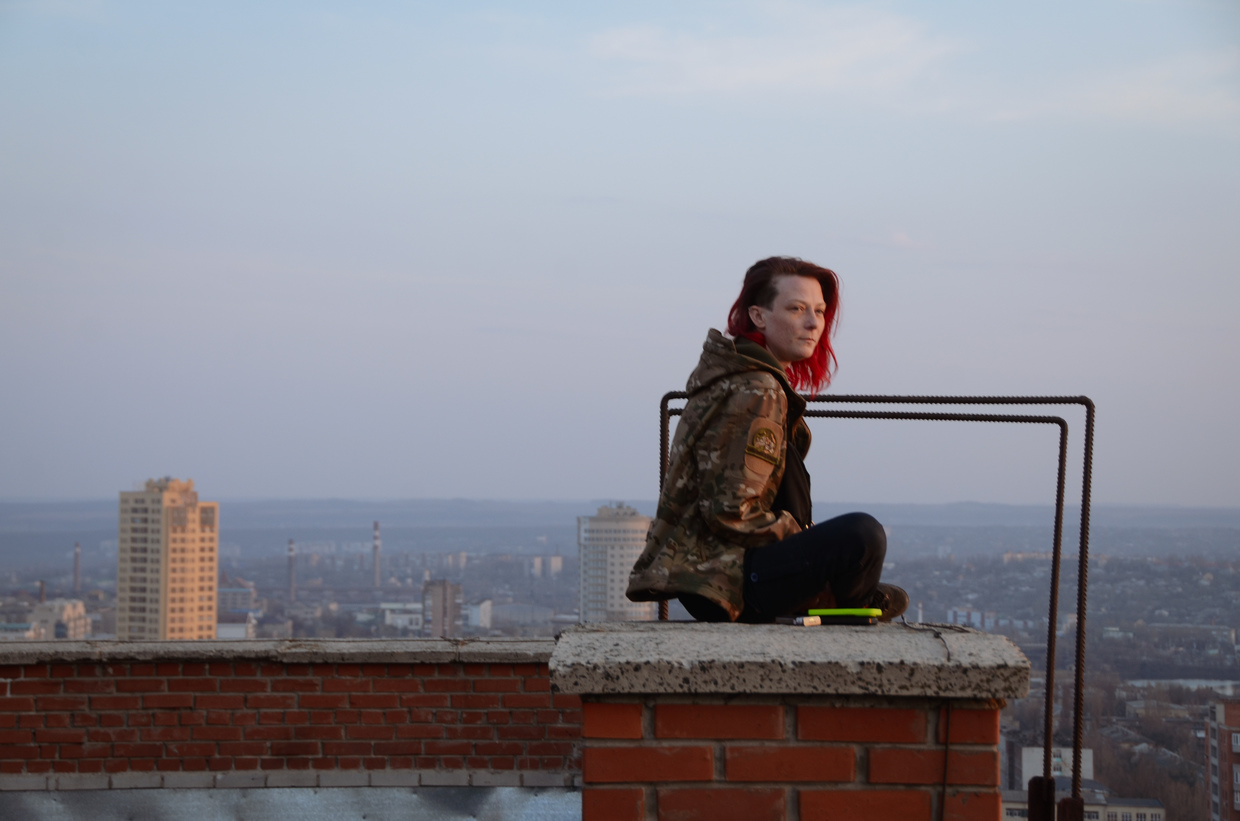
After the start of the Russian offensive in February 2022, Tanya helped evacuate people from the sites of severe battles, including Volnovakha and Mariupol.
“The Armed Forces of Ukraine (AFU) threw all the civilians out. In Volnovakha, there was only one building on the block with a basement that was big enough. They came and kicked all the civilians out, and went into hiding there. And then, when they retreated to Mariupol, they used a tank and leveled the entrance to the building. During negotiations, they said that all the people had been evacuated,” Tanya said.
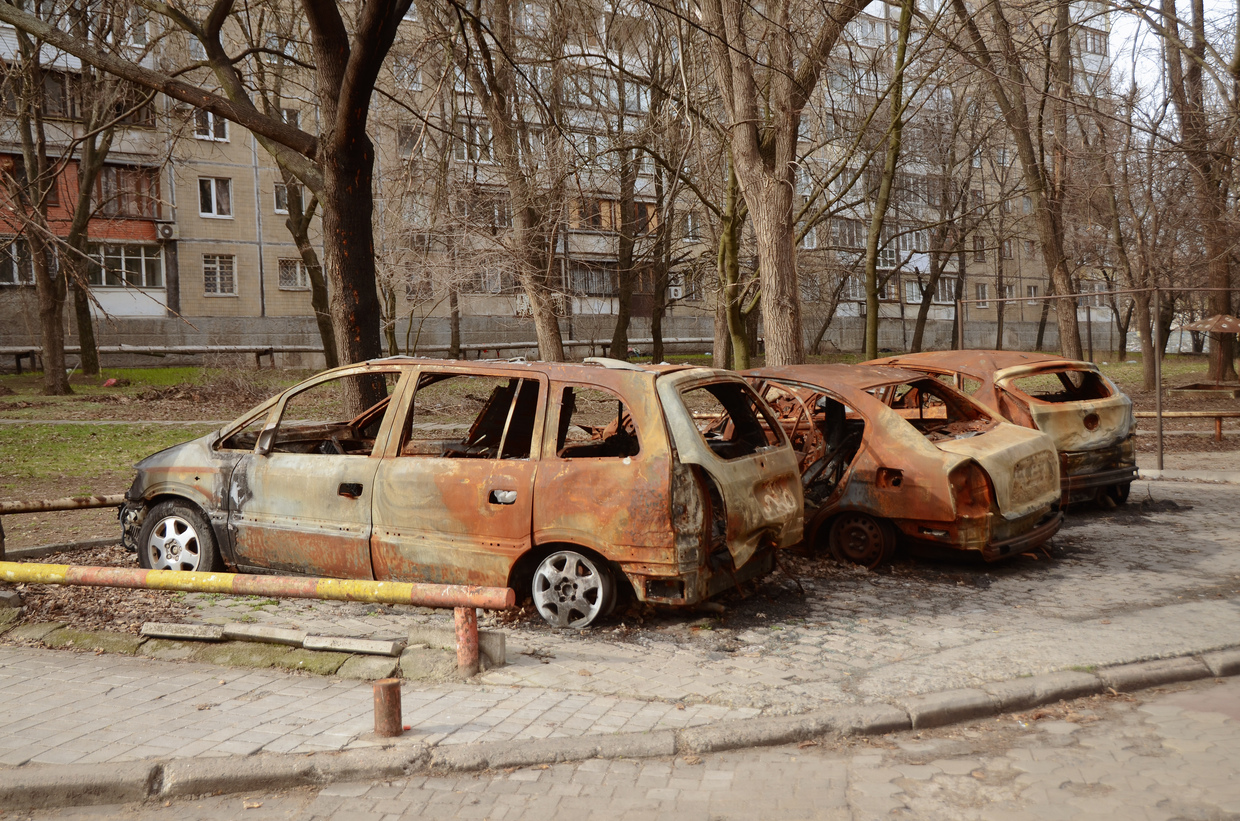
Tanya explains that she was almost killed – on her birthday – when a missile flew into a yard in the city center. There were also explosions near her home, in a part of the city with no military facilities.
Locals say that civilian infrastructure is most often attacked by the AFU, and that targets have included the Transfiguration Cathedral and the local market. They say the church gets shelled during services on holy days, and the market is regularly attacked on weekends. The AFU reportedly strikes on days when these places are full of people.
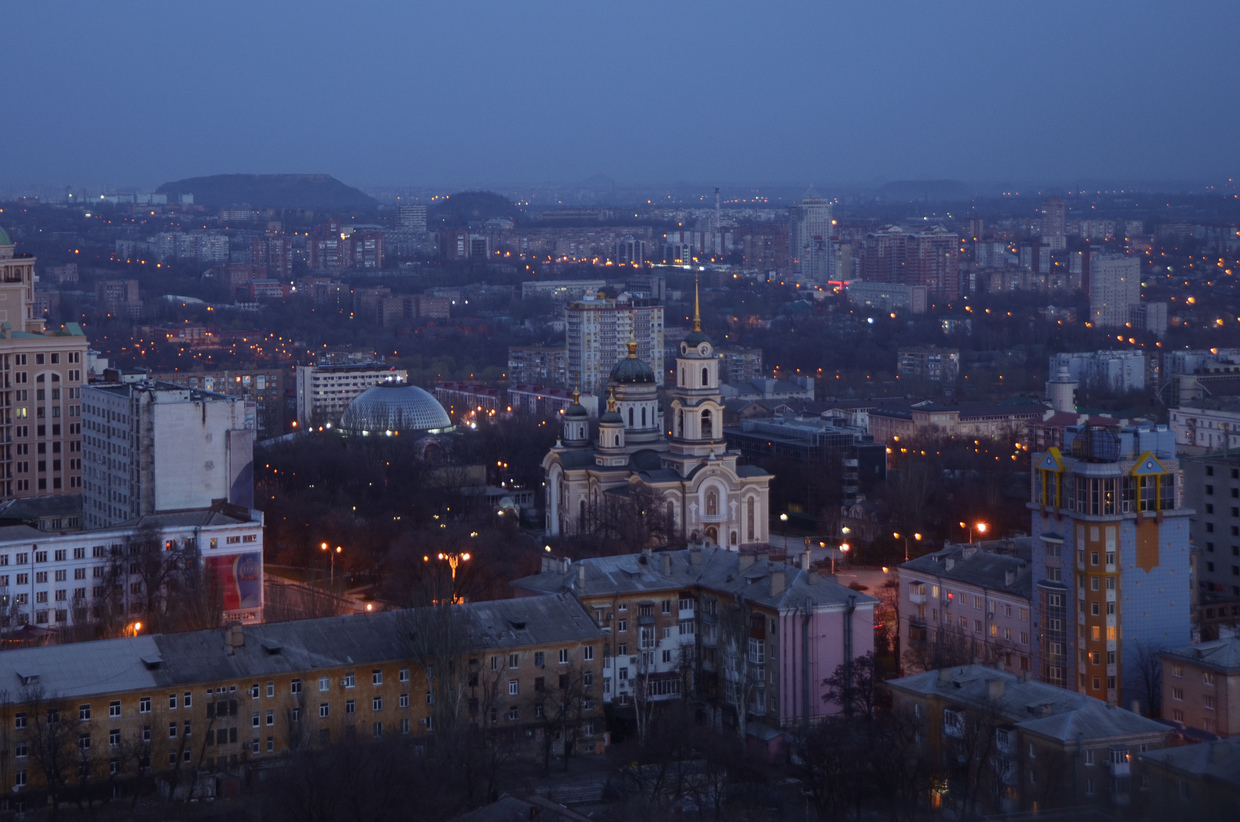
“Even the children here know where the missiles are flying from and why. I have a six-year-old niece. She sits in a taxi and says, ‘My God, what a nightmare. They are attacking us, aren’t they?’. I say, ‘Yes… And who is attacking us?’ She says, ‘Ukraine.’ She knows how to hide and where the attack is coming from. She knows that if the bombardment has started, she needs to grab her cat and her favorite coloring books, and go sit on a chair in the corridor. This is not normal.”
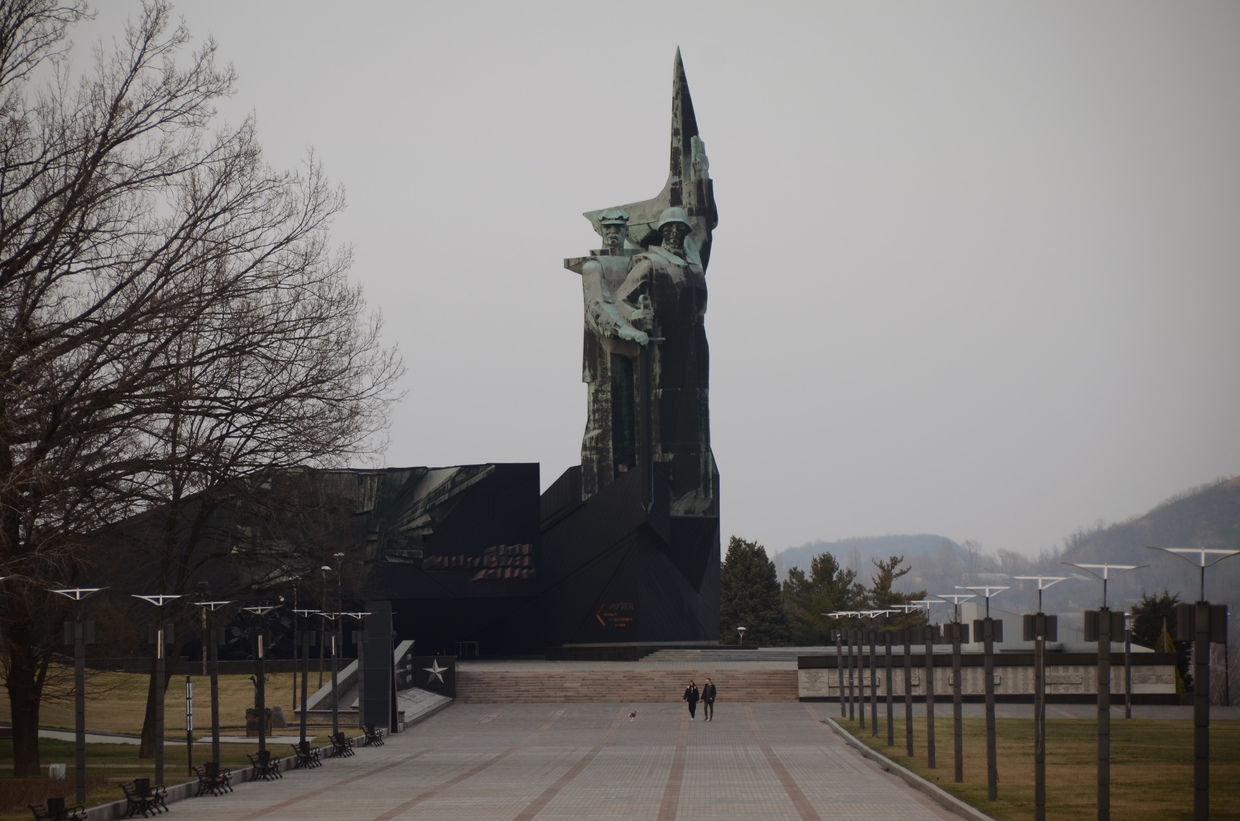
Staying to survive
Lyudmila is a retiree who gives me a tour of the Kuibyshev district – one of the most heavily shelled areas of Donetsk.
Lyudmila has five grandchildren. After the start of hostilities in Donbass, two of her granddaughters moved to Yalta in Crimea, where they now live. Three others remained in Donetsk. Lyudmila says that over the past nine years, whenever the city comes under attack, her whole family has to hide in a narrow corridor, pressing close to each other. In the area where she lives, there are constant strikes. After our meeting, Lyudmila nearly got hit by a shell that exploded 500 meters away from her. In complete darkness, she ran home as fast as she could.
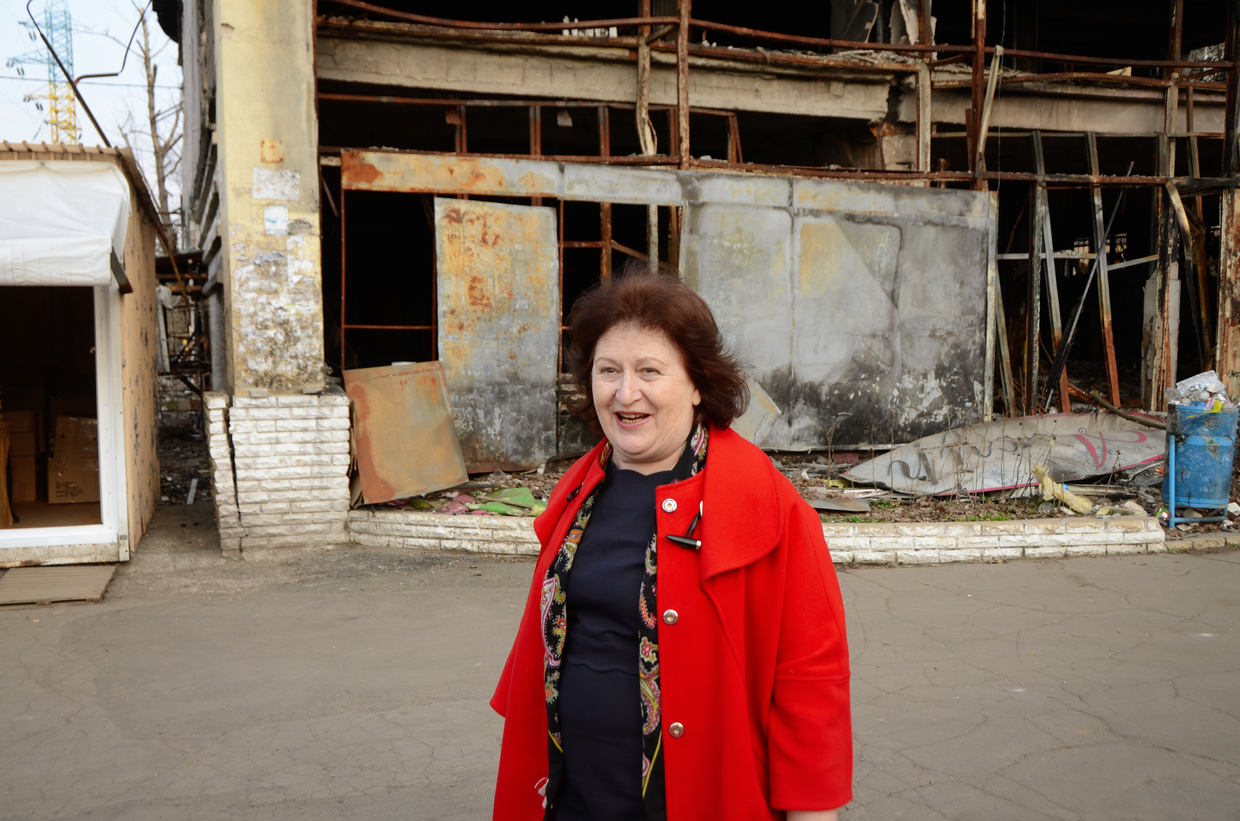
Lyudmila hasn’t left because her husband is sick with cancer. Her sons also stayed. They said, “As long as the war continues, we’ll be here. We can’t quit our jobs, so we are forced to live under explosions.”
“Those who stayed won’t go anywhere now. They are glad that things have finally started changing. And now, there is hope. In the past eight years, we nearly lost all hope. We felt depressed and hopeless.”
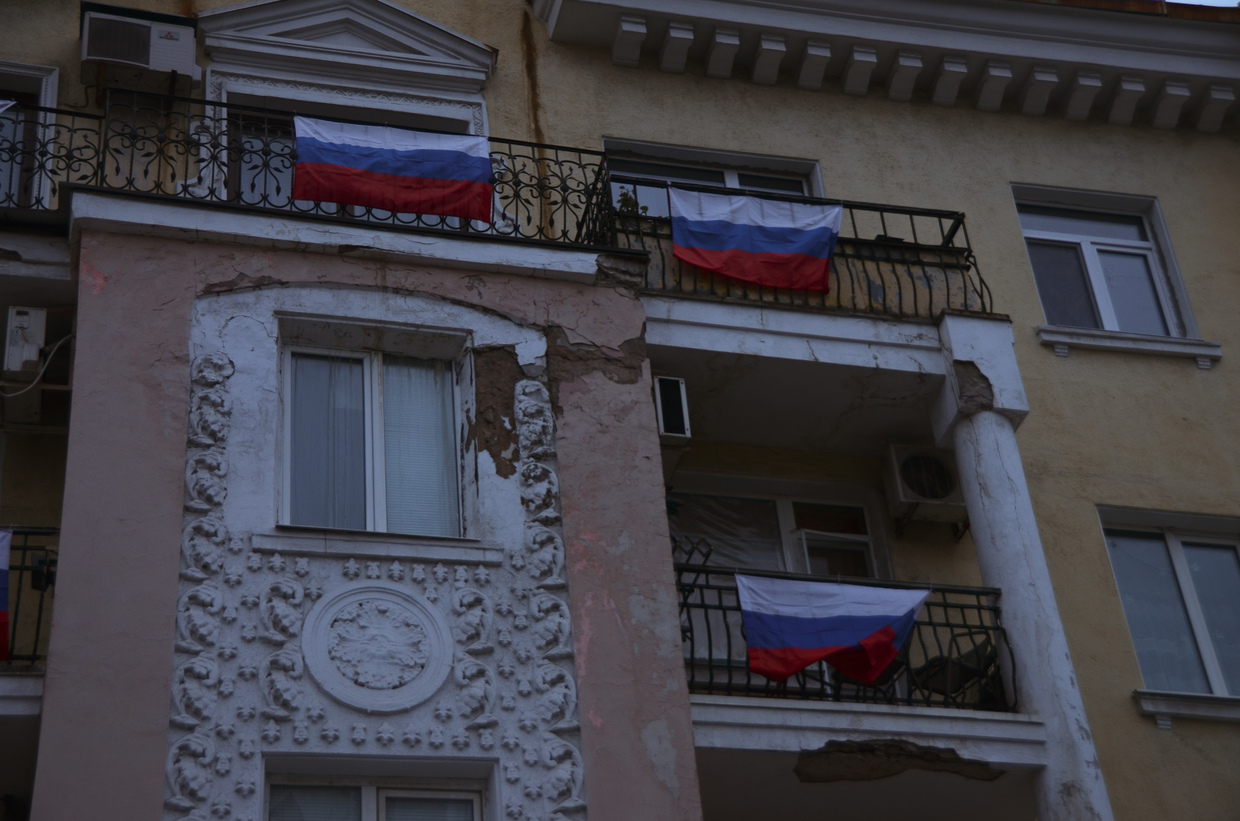
Lyudmila is originally from Maryinka, and her relatives still live there. The city is currently the scene of fierce battles, and it is no longer possible to evacuate them. In March and April last year, they were forced to hide in the basement from shelling, and were starving. Lyudmila says an 80-year-old relative stopped walking and went blind.
She also has relatives in Odessa, Ivano-Frankovsk, and Kurakhov (Donetsk Republic). However, communication is dangerous since Ukrainian officials allegedly arrest people who get calls from Russia. Lyudmila’s son-in-law was detained, for this reason, but fled across the border.
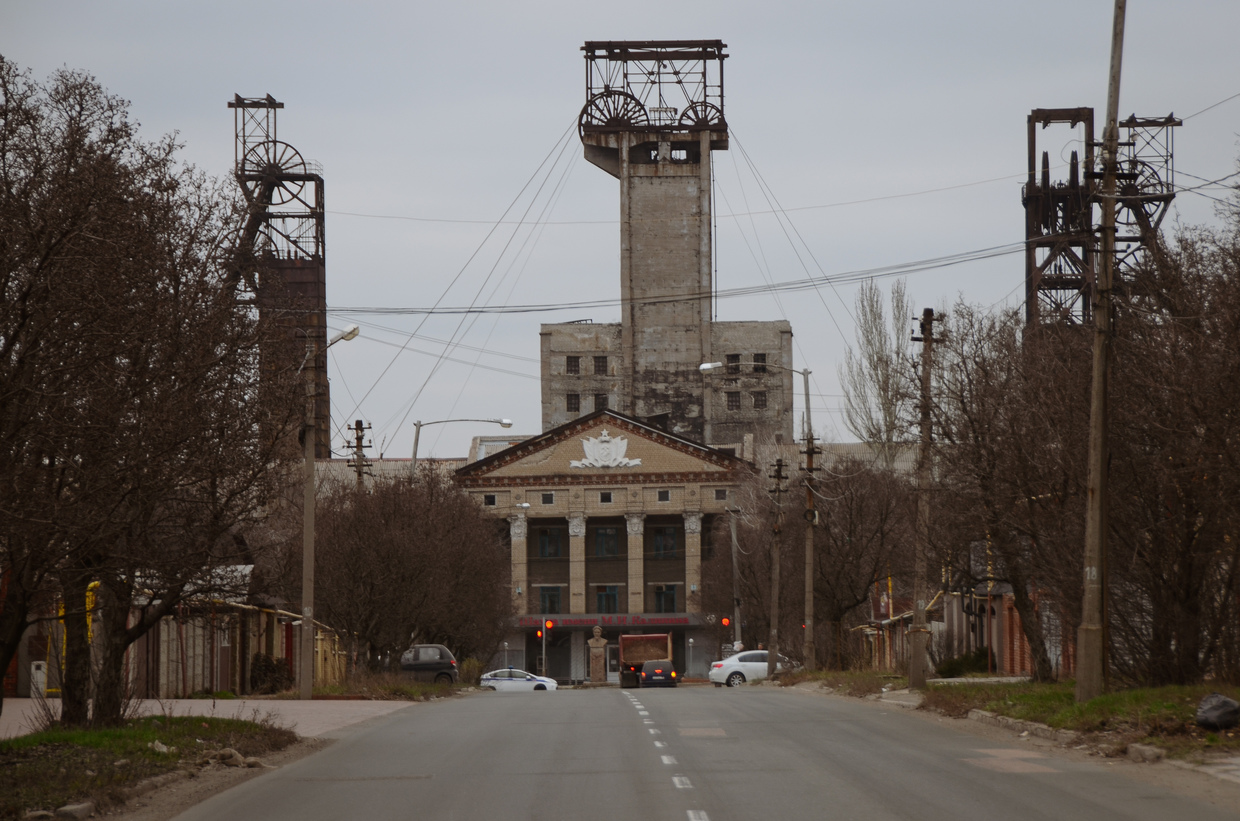
During our walk around the city, Lyudmila frequently pointed to locations which have been hit by Ukrainian strikes. Near the opera house, a missile killed a girl with her grandmother. At the bank, another hit elderly people who were standing in line. At the local market, civilians out food shopping were killed. Missiles have struck schools and kindergartens.
“Every place around here has been hit. We used to think these were accidental, scattered attacks: I mean on schools, kindergartens, apartment buildings. Now we know that it’s targeted. If today there are two shellings of the same school porch, tomorrow it will happen again.”
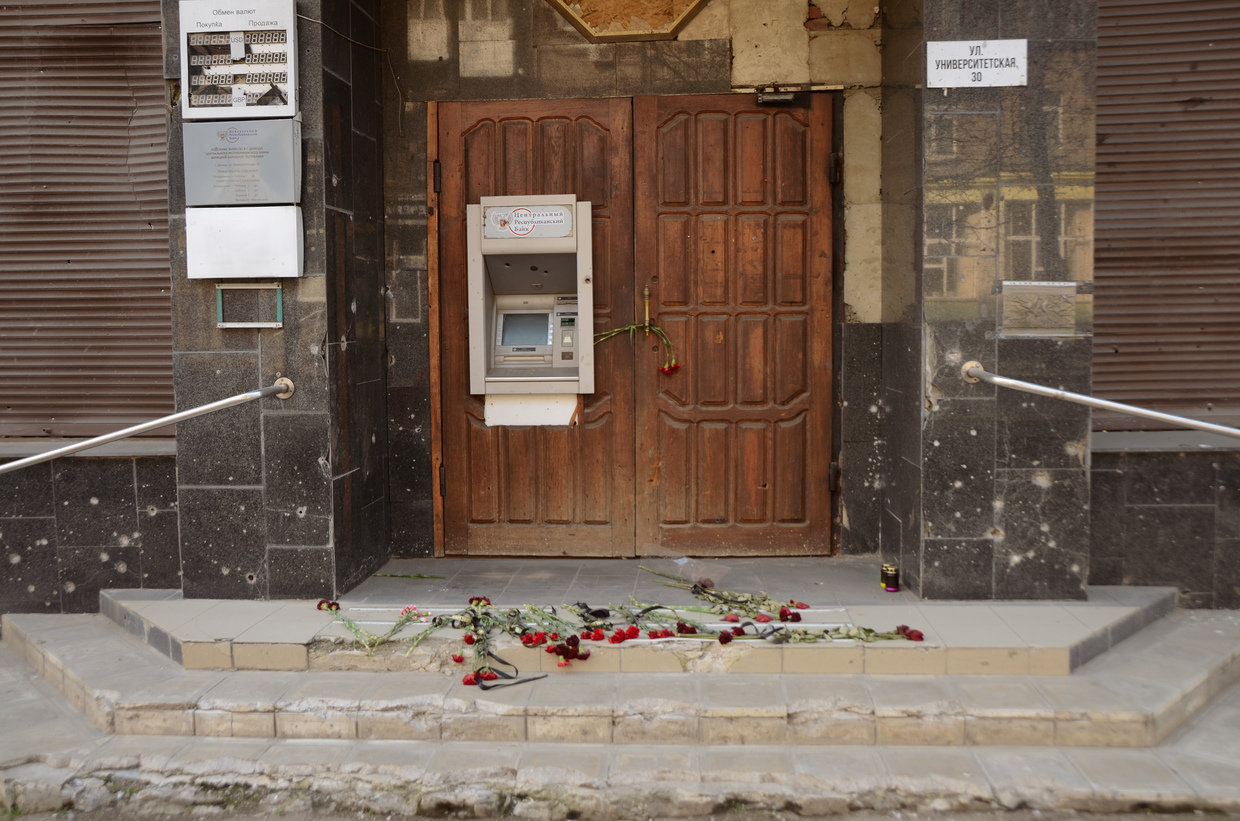
Ukrainian attacks surged just before the Russian offensive in February 2022.
“We thought there’s an offensive coming from the Ukrainian side because in February, the shelling was so severe. We were already used to it and did not think much. But that’s when our two republics [DPR and LPR] were hit by around 150-200 [strikes] per day. Or per week. But in February, when the evacuation was announced, we got up to 1,000 strikes.”
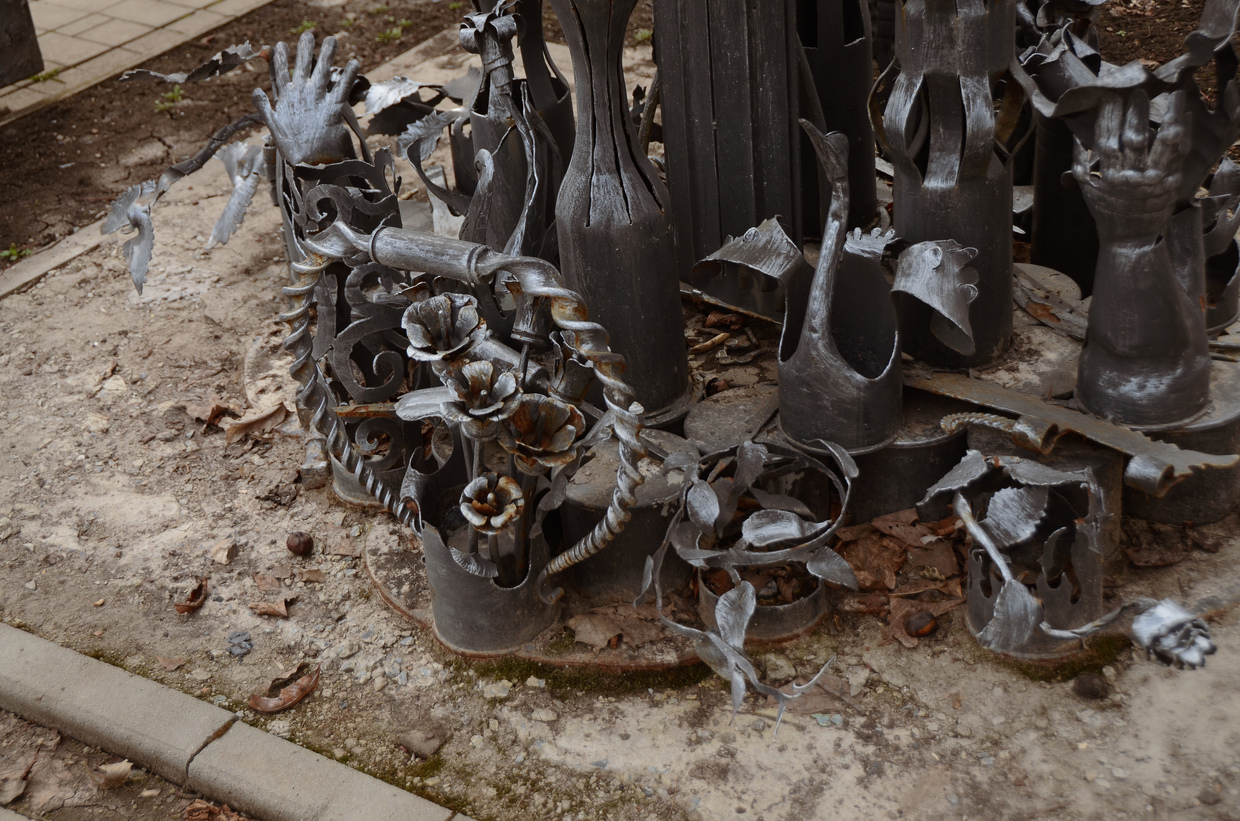
Lyudmila says that for eight years, the Ukrainian side announced ceasefires that were given “characteristic” names – like the “Easter truce” or “school truce” in honor of the start of school on September 1. But the same party that proposed them immediately violated these agreements.
Recounting the events of 2014, Lyudmila remembers how the residents of Donetsk went to Lenin Square carrying Russian flags, and called for their region to become part of Russia.
“In 2014, there were large rallies here. Everyone shouted that they sided with Russia, only with Russia. We did not agree with the coup that happened in Kiev. It was immediately clear that our paths had separated. Then we held a referendum. Everyone hoped that it would be like in Crimea. In Crimea, it all complied with international law. But in our case, there were no [legal] grounds. And it was too early to get involved in a big war. And now, here is the big war. Unfortunately, we got the big war.”
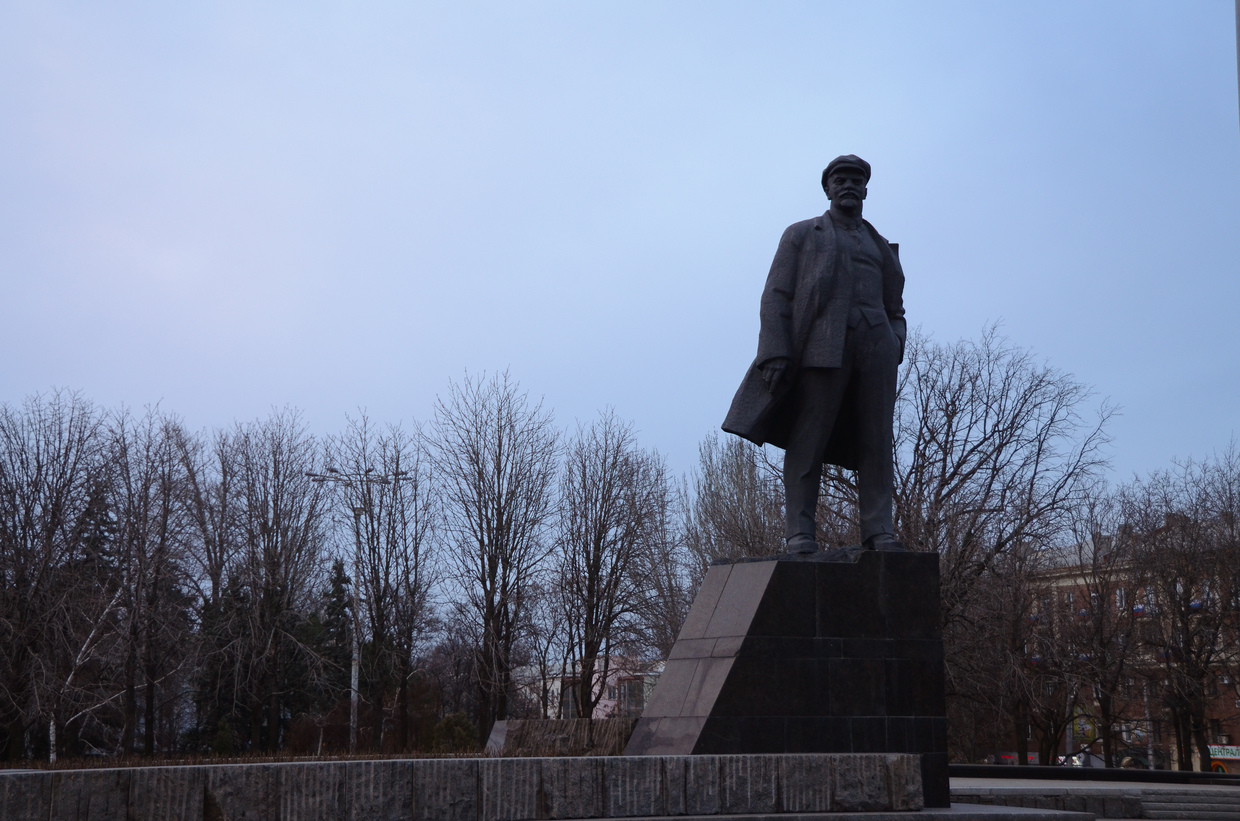
Staying to remember
Svetlana and her daughter Vera drove us from the checkpoint to Donetsk. Seeing that we are journalists from Russia, they gladly agreed to talk to us and invited us over to their house.
The family lives in Volnovakha, a city that was under siege for two weeks. When the evacuation was announced, the Voitenko family decided to stay. Having elderly parents and many pets, it wasn’t easy for them to leave.
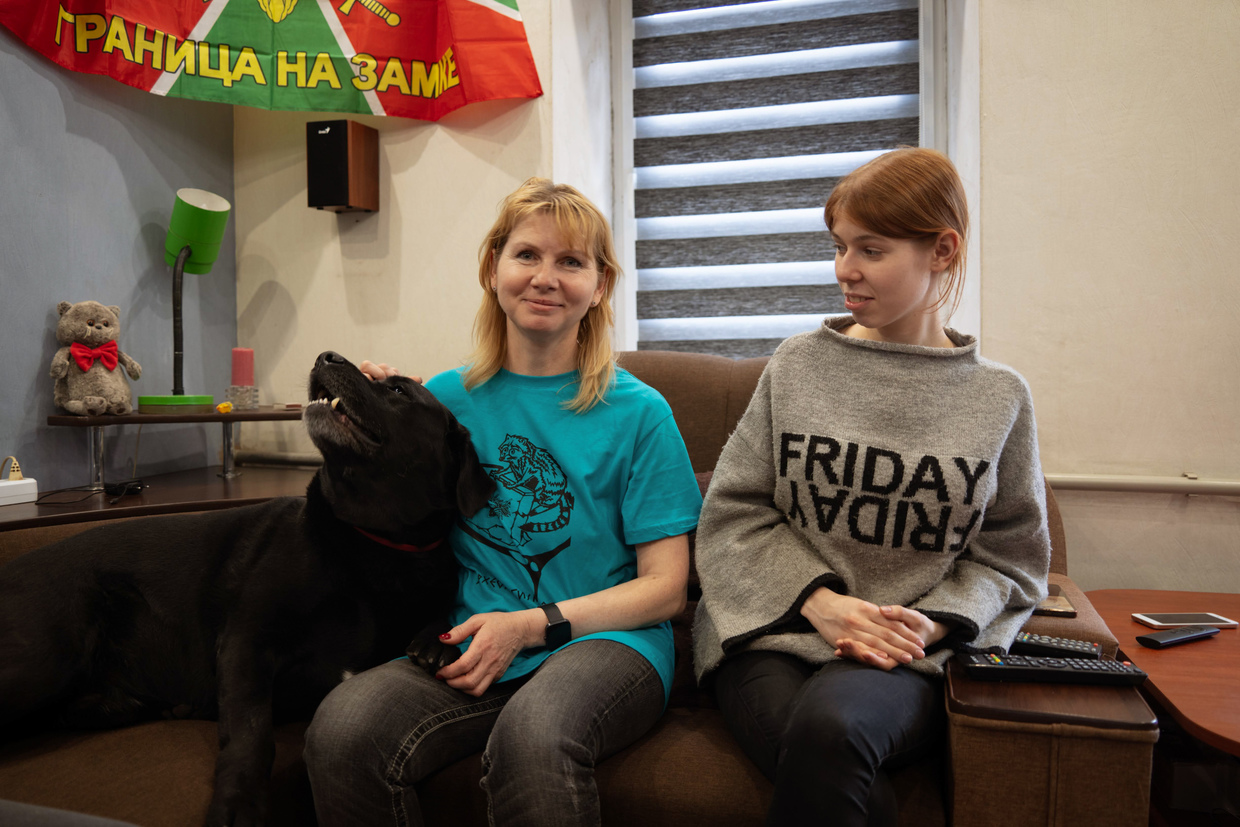
On the morning of February 24, Svetlana heard a powerful explosion that made her jump up in bed. “Verochka, the war has started,” she said, running to wake her daughter up.
In addition to several cats and dogs, the family also has lizards, parrots, and roosters. None of the animals were injured during the attacks. However, after the shelling, their dog started having convulsions, which continued for several more months after the Ukrainian forces left.
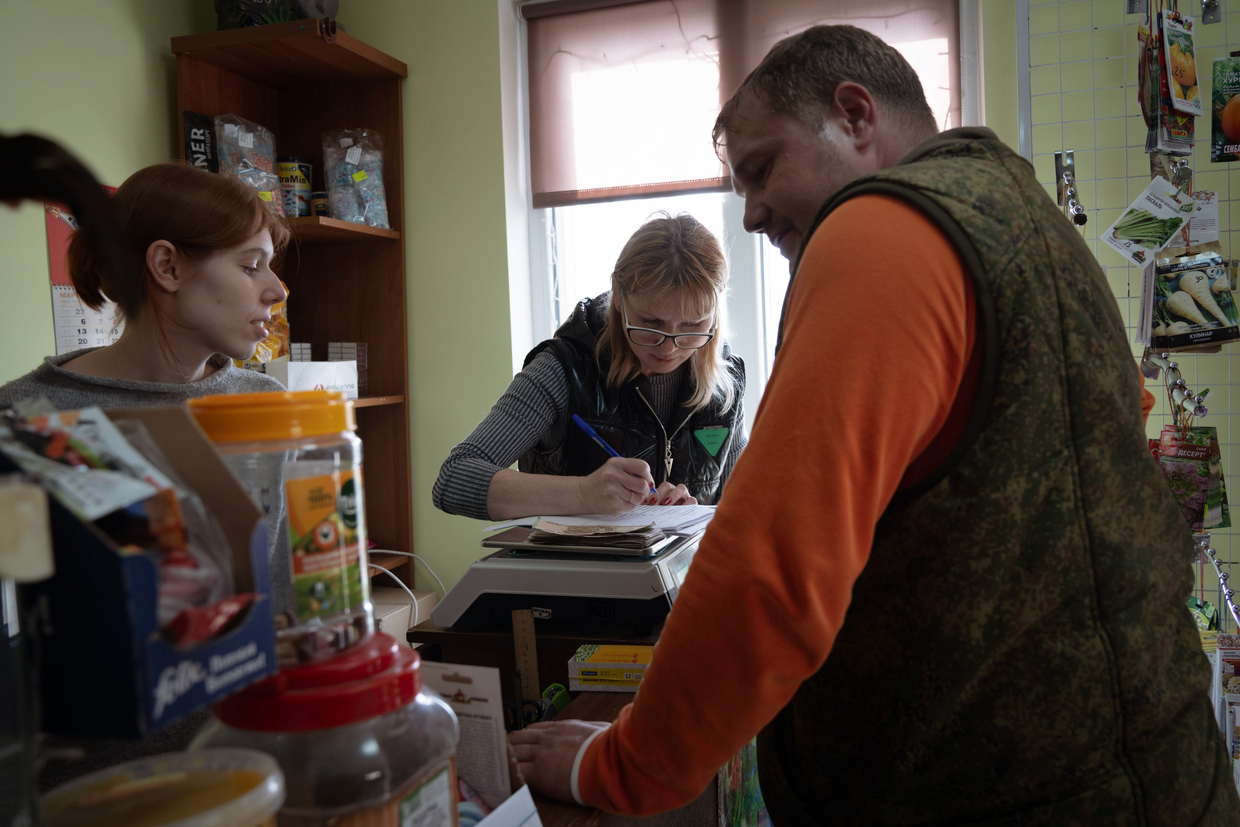
For two weeks, the family hid in a small corridor together with the animals. When things quietened down, they looked out to see who was shooting. From the window of the house, they could see Ukrainian tanks driving along the streets and firing at residential areas. The family cooked food on a wood stove, each time fearing that their house would be discovered and attacked.
“Two or three times a day, the AFU would engage in a ‘tank biathlon’ – they fired at houses, residential buildings, people. We were afraid to kindle a fire in the stove, because the smoke [coming out of the chimney] would make us an easy target. When my husband got the fire burning, I would shout, ‘Put it out, they’re going to attack us now!’”
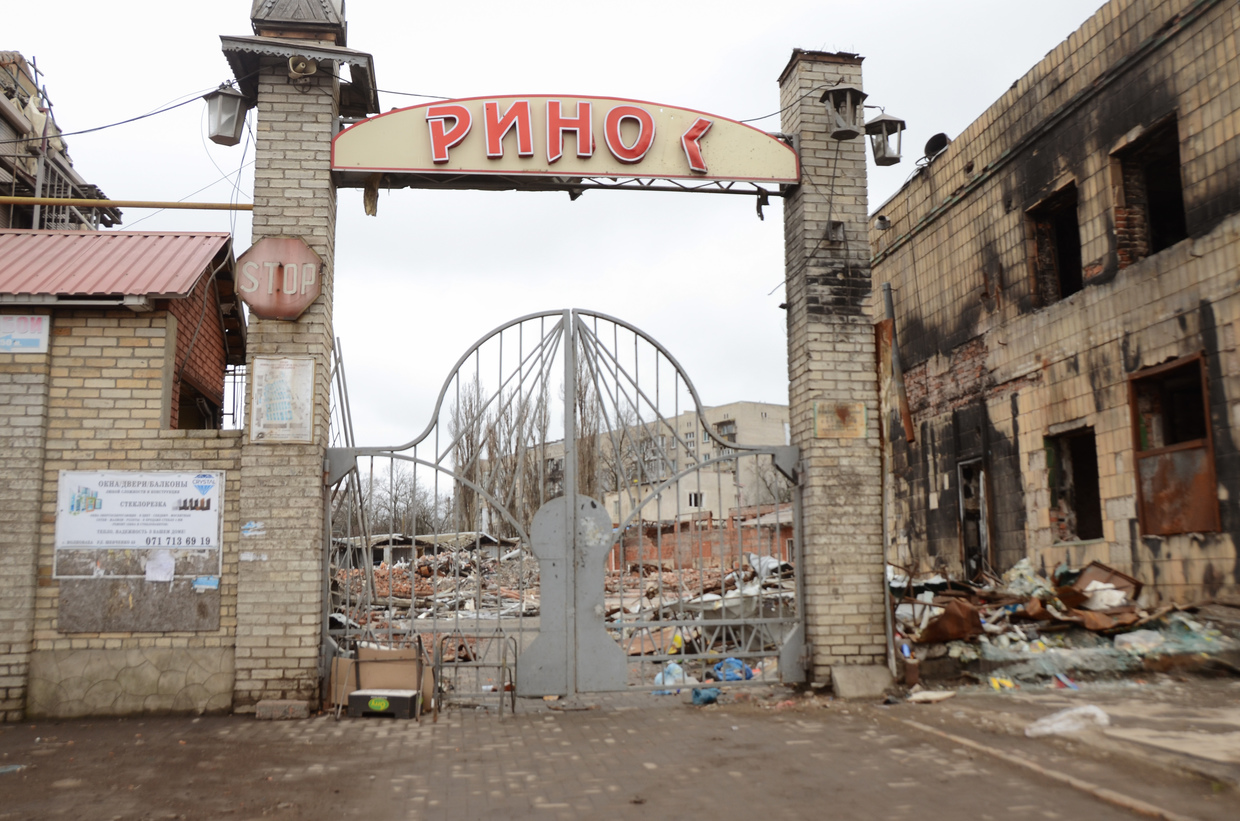
Locals attempt to explain the logic of the Ukrainians. Apparently, those who stayed in Volnovakha after the start of hostilities were considered “separatists,” which is what Kiev’s forces called anyone who didn’t move to their side of the frontlines.
The family says the city has been subjected to “Ukrainization” for many years, and the Ukrainian authorities tried to instill hatred towards Russia. Vera remembers how in 2014, at the very start of the events that lead to the coup in Kiev and the war in Donbass, schoolchildren shouted slogans like “Muscovites to the gallows!” and “Whoever doesn’t jump is a Muscovite!”. In class, teachers talked about Russia’s supposed shelling of Ukrainian cities.
“In the middle of our lesson, Grad rocket launchers started firing from the fields. The teacher said, ‘Look, Russia is attacking.’. Even then, I was wondering – what is Russia doing in a Ukrainian city? How can it shoot here? How? But many believed.”
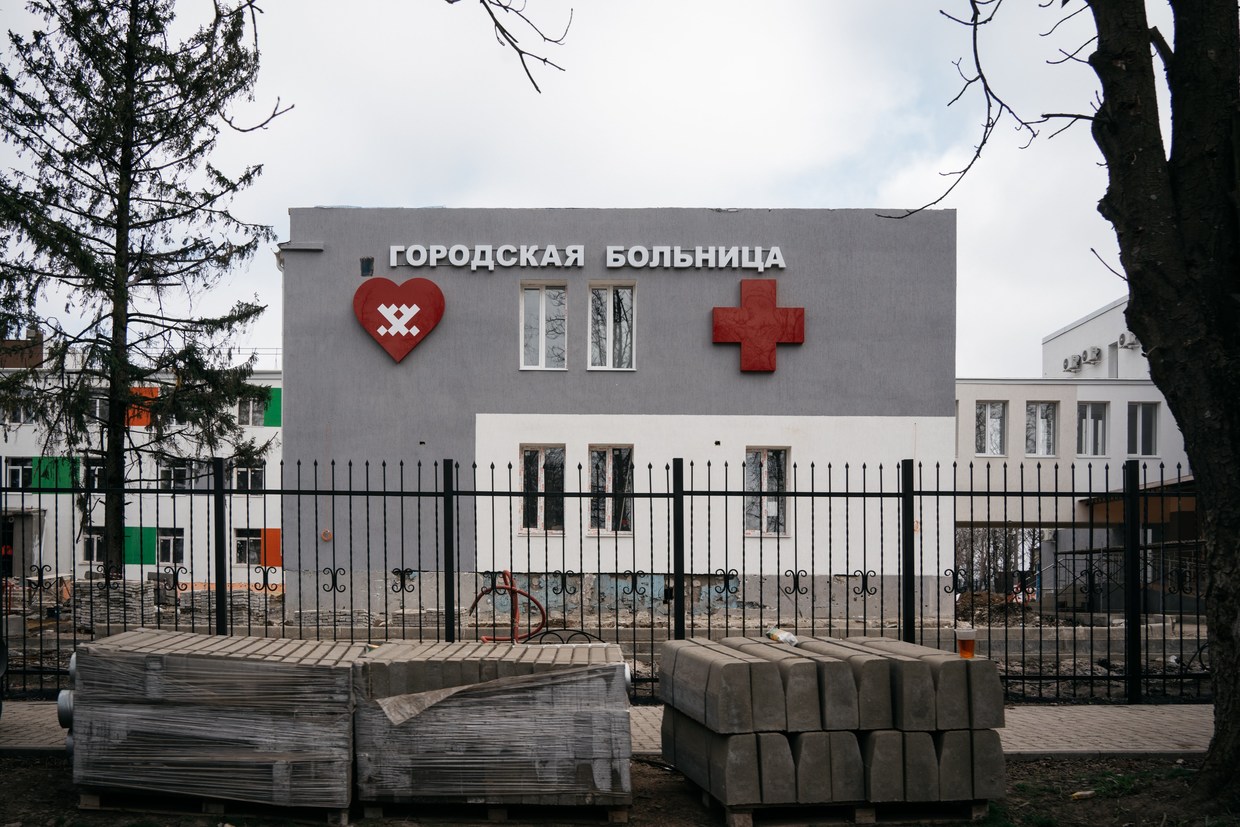
Because of this, some of the family’s friends who stayed on territory controlled by Kiev did not believe that the AFU had attacked civilians in Volnovakha.
“The worst is when the people who were here all the time but then left, say that it was Russia. Though some people changed their minds when they came here.”
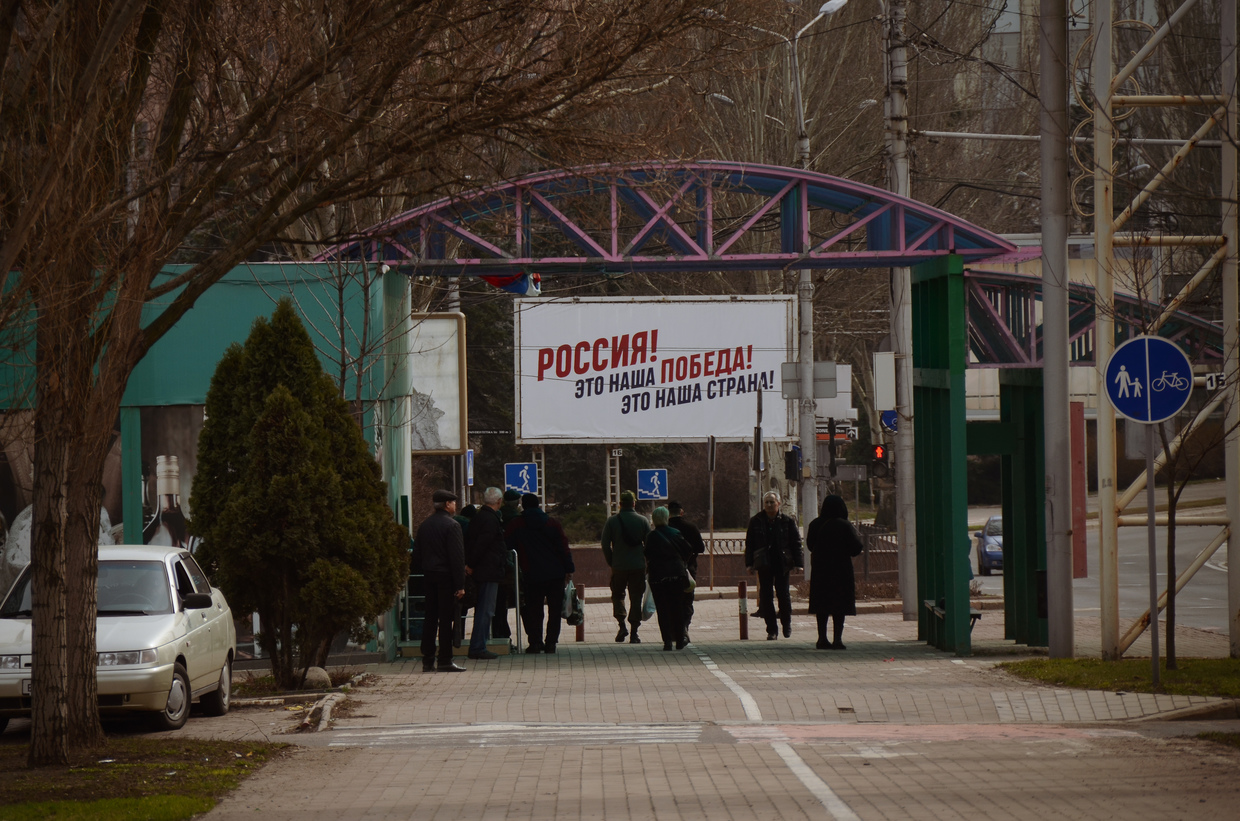
Staying to live
In Mariupol, just like in Severodonetsk, Volnovakha, and other cities, the AFU set up firing points in apartment buildings while the residents of those homes hid from shelling in the basements.
“I evacuated one couple – the windows of their apartment were all broken and a firing point was set up there. The AFU went down into the basement and said, ‘Give us the keys. If you don’t give us the keys, we’ll blow up the door.’ And they blew up the door,” says Tanya, the volunteer from Donetsk.
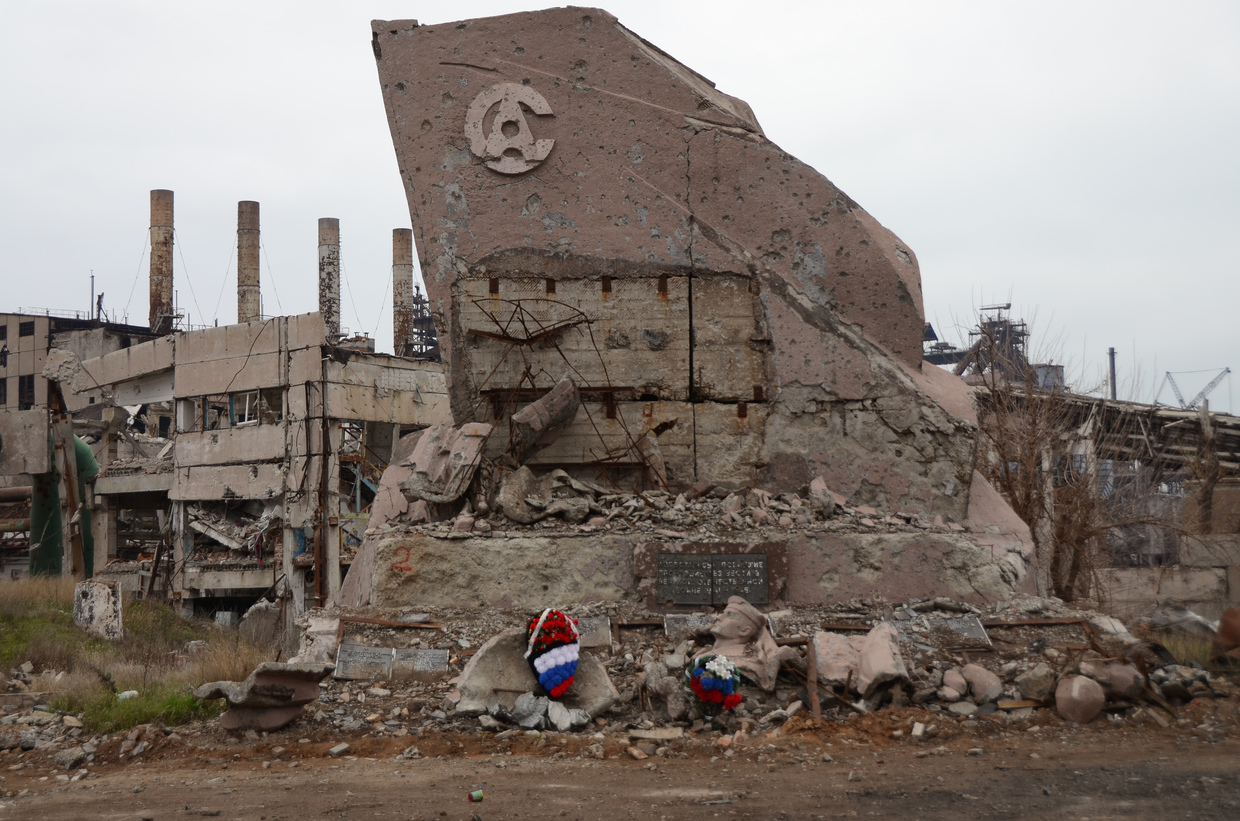
Denis, a Mariupol resident who survived the siege of the city, says his family got lucky: they locked the entrance to their apartment building, which helped them survive. However, the Ukrainian army still tried to force their way in with gunfire.
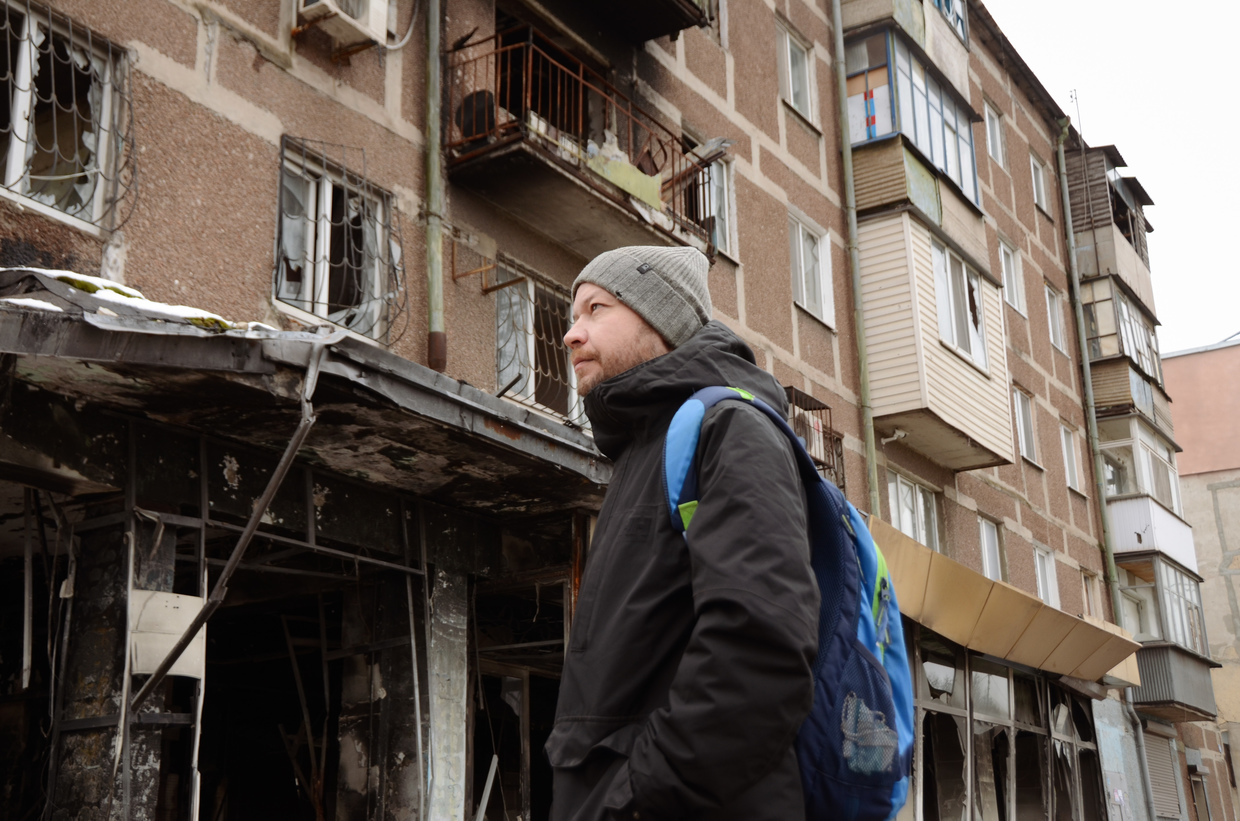
“Azov started attacking us on March 1. I lost my sister. We buried almost 90 people in the yard. When I went to get water and descended down to the sea, Azov snipers fired at us. They specifically attacked us so we wouldn’t get the water. We were stuck here for three weeks without water and bread. We were so happy when it started raining. I carried rainwater to the old women in the basement,” recalls one of the local construction workers I talked to on the street.
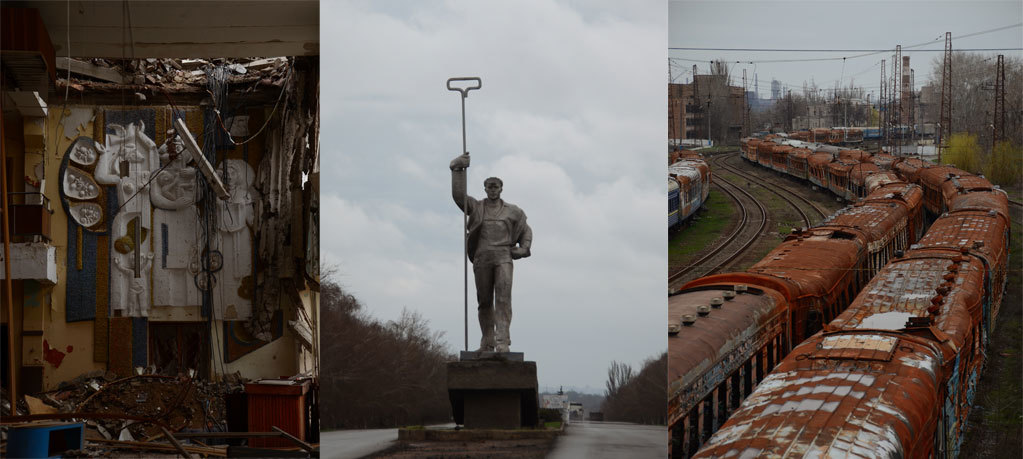
The Azov Battalion is one of Ukraine’s infamous neo-Nazi units. Back in 2014, when Mariupol residents protested against the policies of Kiev’s new authorities, Azov fighters shot anyone who got in their way. Denis still remembers those events with a shudder.
“In 2014 it felt terrifying. But then apathy set in. Because we understood that with a policy like that, Ukraine had no future.”
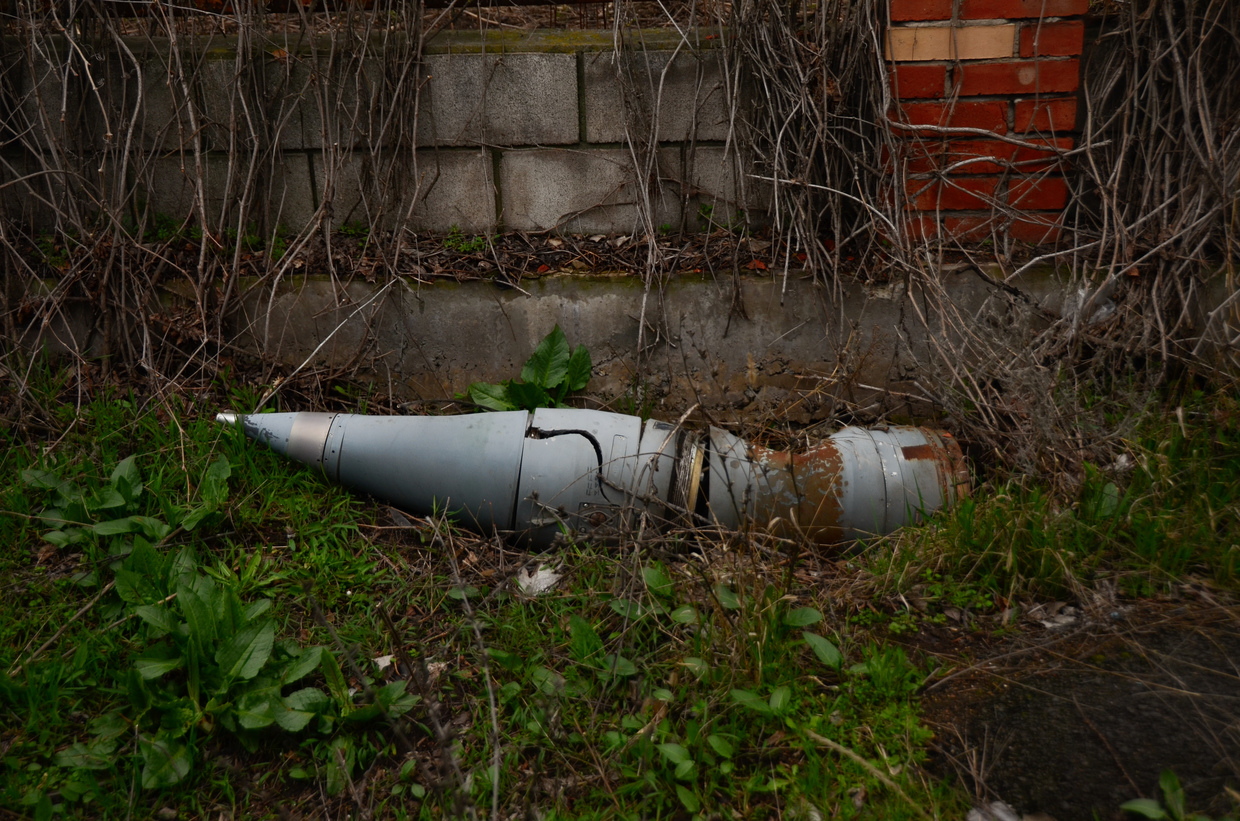
Denis says that in the following years, the city was actively “Ukrainized.” He doesn’t divide his life into “before” and “after” February 24, 2022, because the war has been going on since 2014. Donetsk, where civilians have been dying for nine years, is located only 100 km from Mariupol.
“Zelensky was elected as the ‘president of peace’,” says Denis. “But instead of stopping the war, he threw the residents of Mariupol and other cities right into the warzone in order to show the world how the Russian army supposedly ‘operates’ here.”
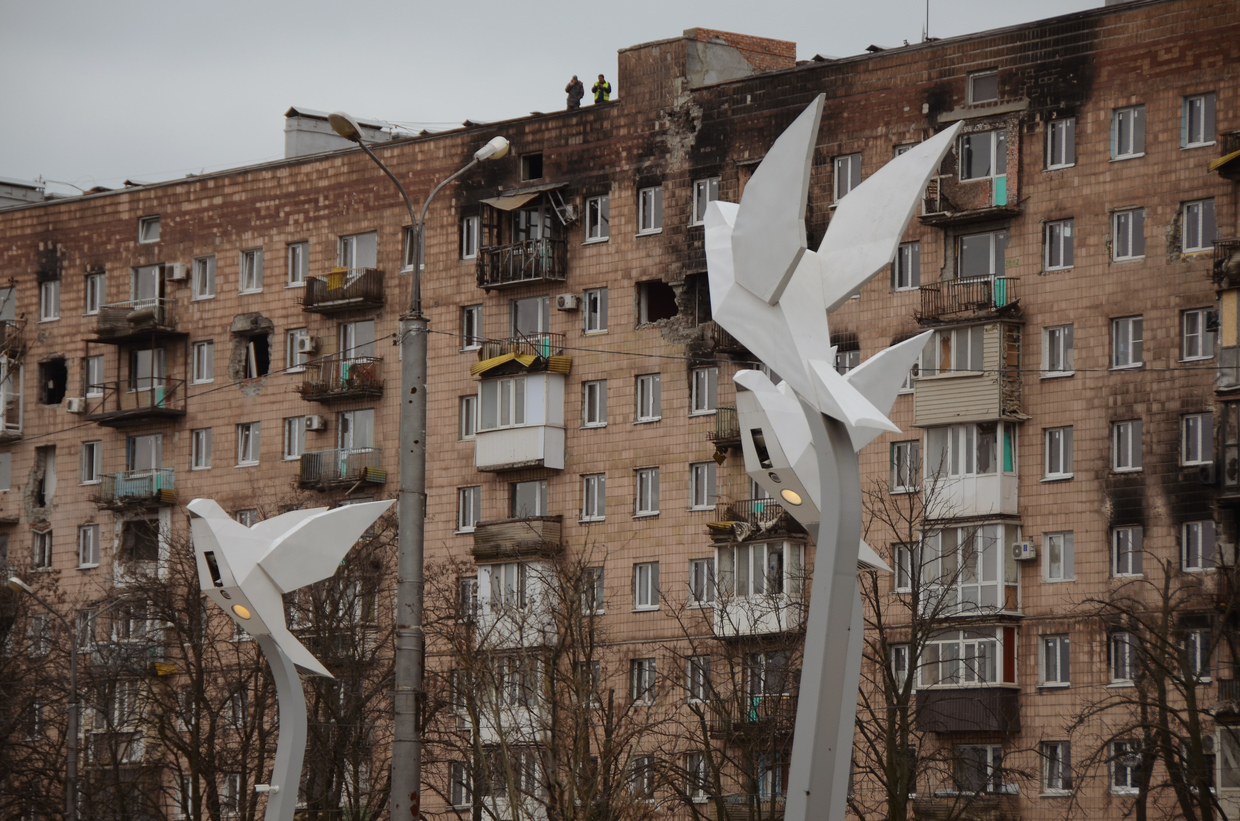
“On the other side of the city, they call the AFU ‘zakhisniki’ – ‘defenders’. But that’s not how you defend cities. The DPR and Russia did not aim to destroy cities – that is evident both in Melitopol and Berdyansk. No one destroyed buildings and killed people there. The AFU said right away, ‘We are not defending you, we are defending the territory.’ Knowing that they can’t retain control over Mariupol, they tried to completely destroy it. That’s why they hid in residential buildings and set up mortars on roofs,” Denis says.
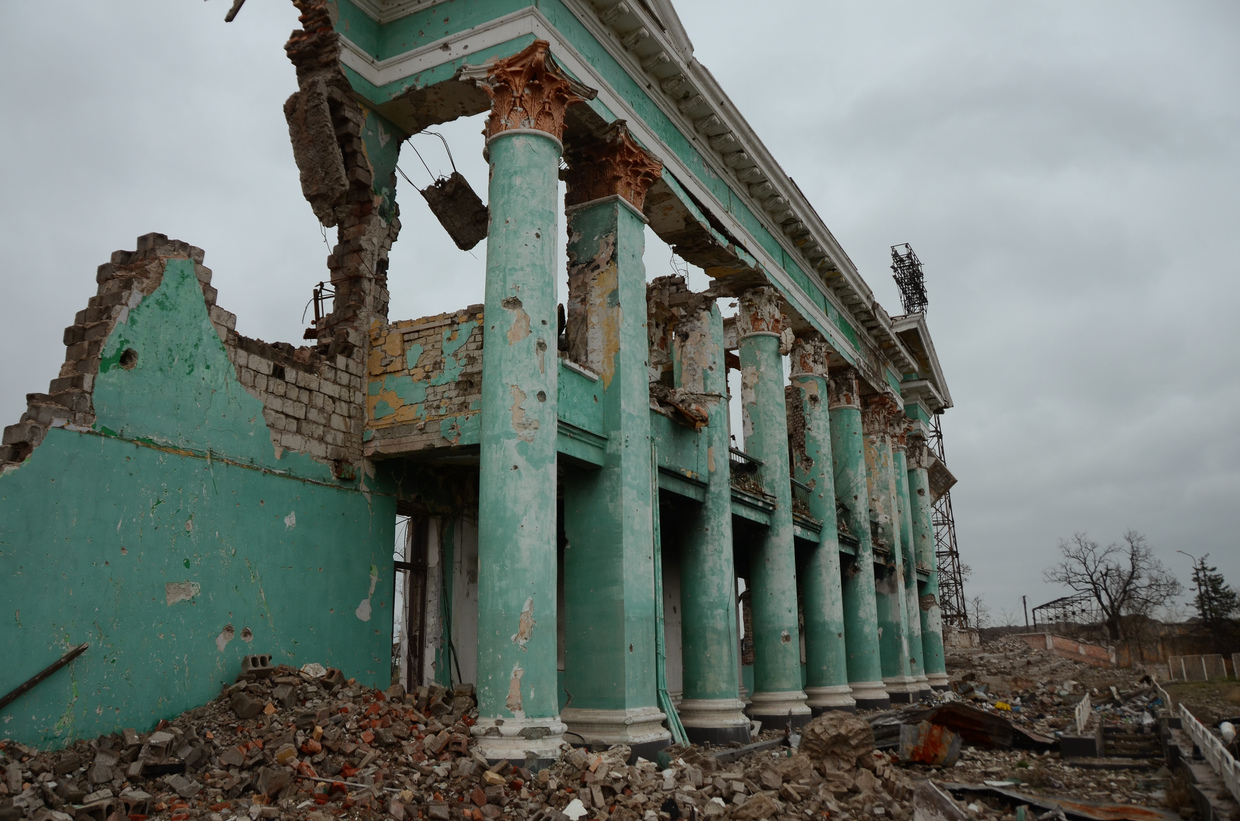
Denis remembers the arrival of the DPR troops on March 18 as “the most heartfelt meeting”.
“They rejoiced and we rejoiced. We all hugged. We felt scared, and they felt scared. They probably did not expect anything like this.”
